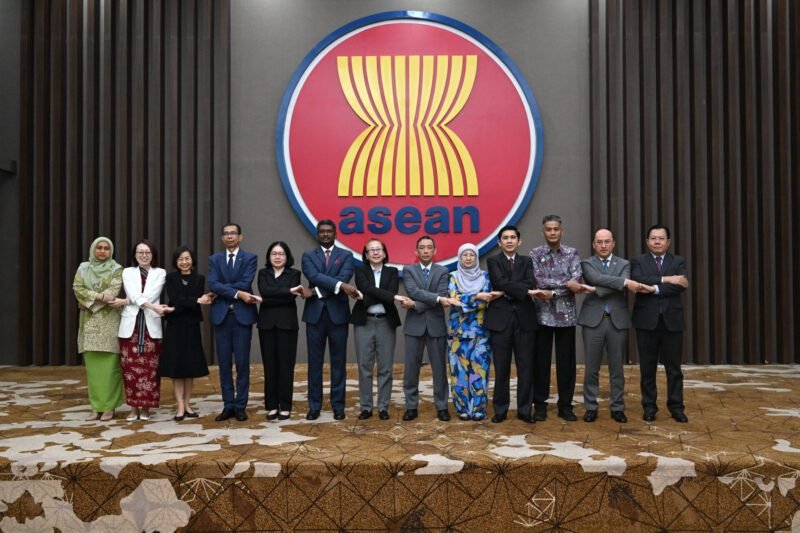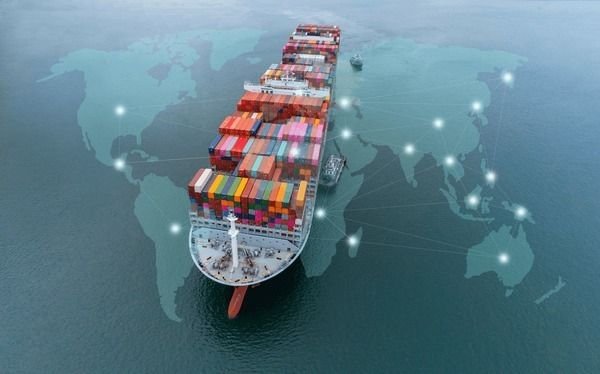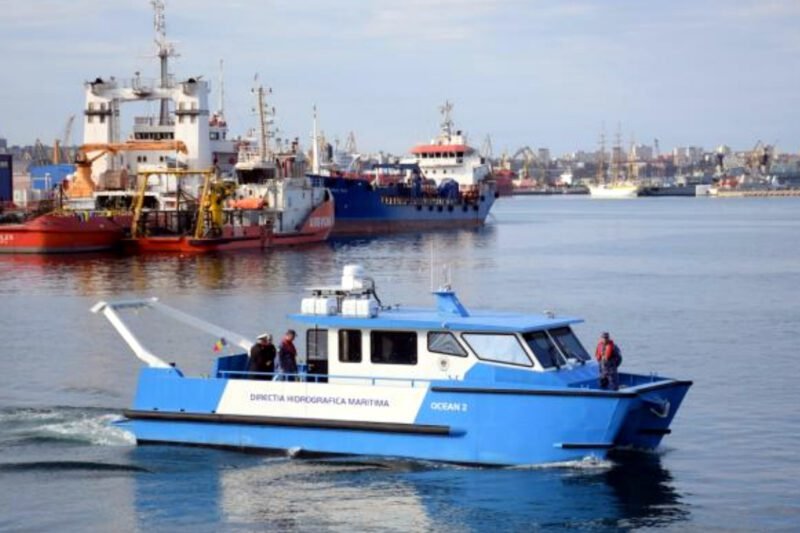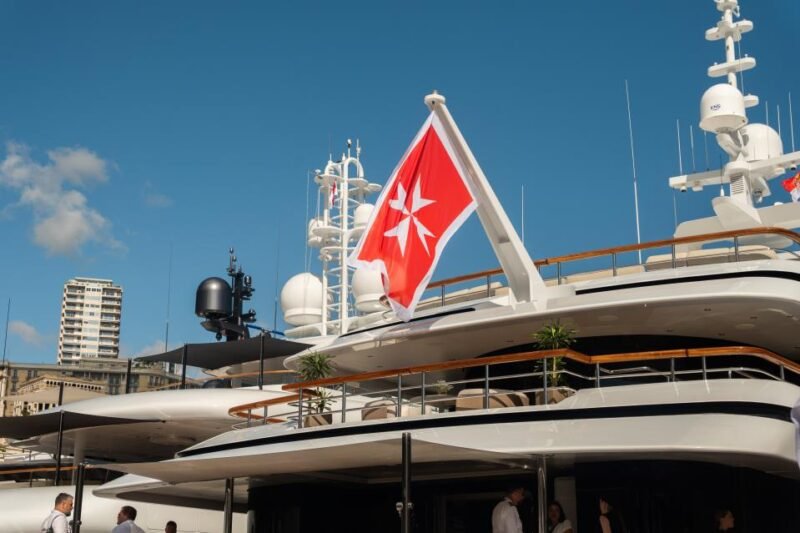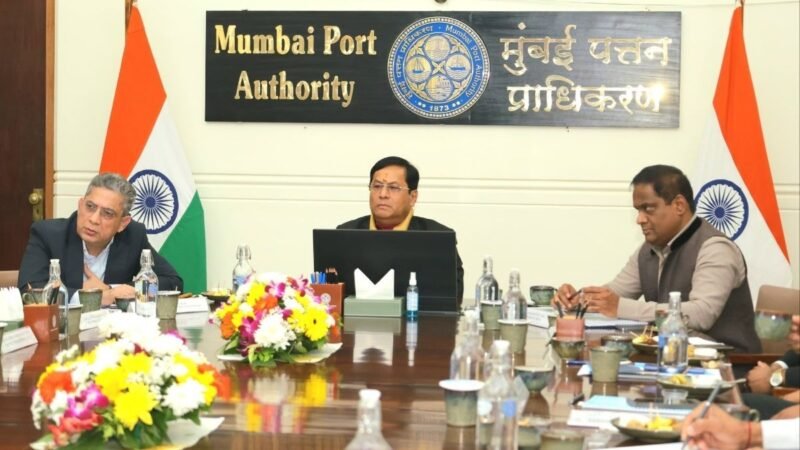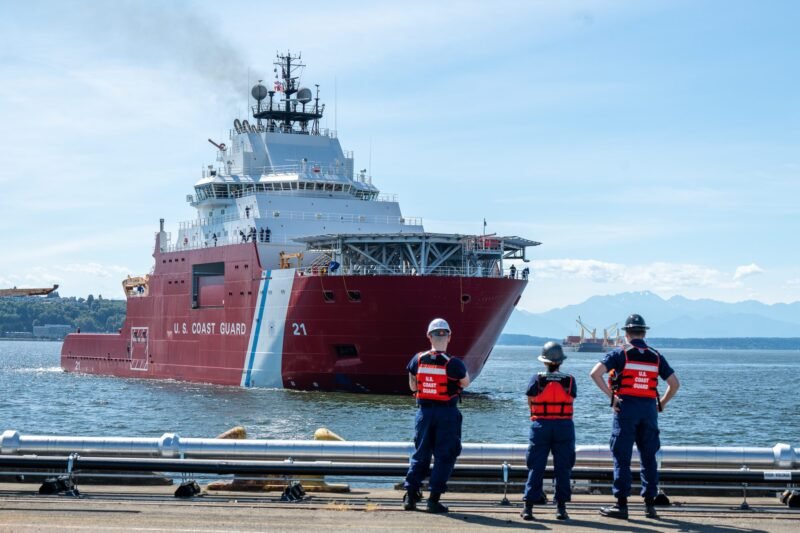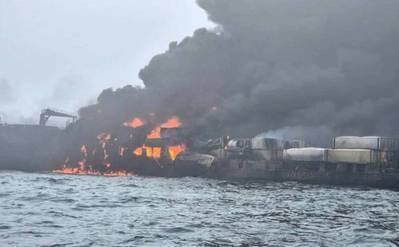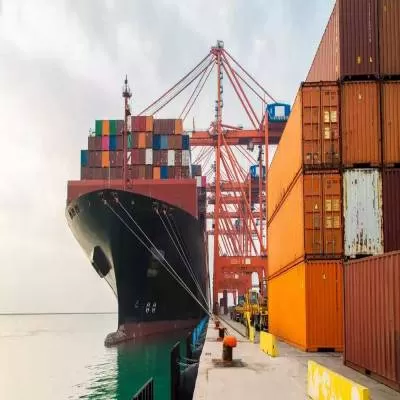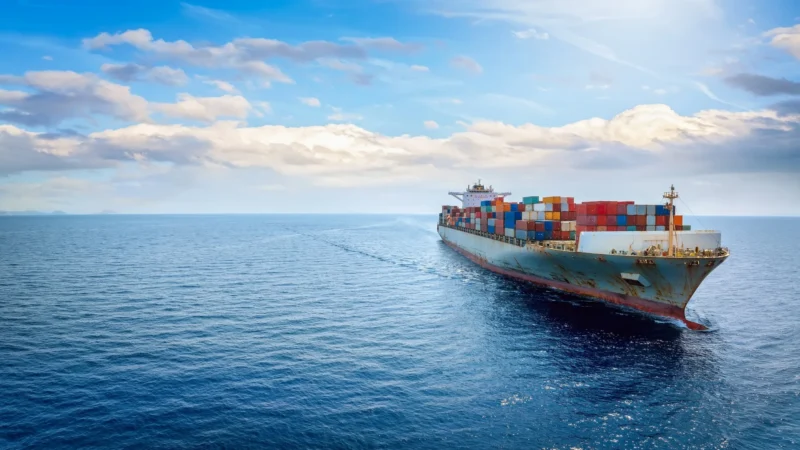With the EU ETS reporting deadline now behind us and the enforcement of FuelEU Maritime on the horizon, pooling has emerged as a critical topic within the maritime industry. Operators are actively seeking efficient methods to comply with emissions and fuel regulations. However, a narrow focus on pricing could undermine the regulation’s intent. Philippos Ioulianou, Managing Director of EmissionLink, emphasized that FuelEU pooling should not merely be seen as a budgeting exercise. Shipowners who reduce it to a financial line item risk falling into the very traps the regulation aims to avoid.
Pooling offers a way for operators, especially smaller fleets with limited access to alternative fuels, to consolidate carbon performance across their vessels. When executed correctly, it can facilitate compliance and reduce costs. However, poorly managed pooling exposes participants to significant financial liabilities. Once a vessel joins a pool, its carbon intensity becomes linked to that of other members. If one vessel underperforms or the pool manager fails to act, all participants could face penalties, raising essential questions about governance, performance monitoring, and responsibility for any penalties or surpluses.
Ioulianou cautioned that many current pooling schemes prioritize cost, often referencing market indexes, while neglecting governance and risk management. He noted that while price indicators may help guide expenses, they do not address accountability when issues arise. Effective pooling requires strong governance, continuous oversight, and maritime expertise; without these elements, compliance risks increase significantly.
He also drew parallels with the International Maritime Organization’s proposed Net-Zero Framework, highlighting similar governance challenges. “Ambition is outpacing accountability,” Ioulianou remarked, pointing out that regulators are establishing decarbonization timelines that do not fully consider fuel availability or technological readiness. The takeaway is clear: without robust governance and industry collaboration, regulatory frameworks may not mitigate risk but merely shift it elsewhere.
Share it now







